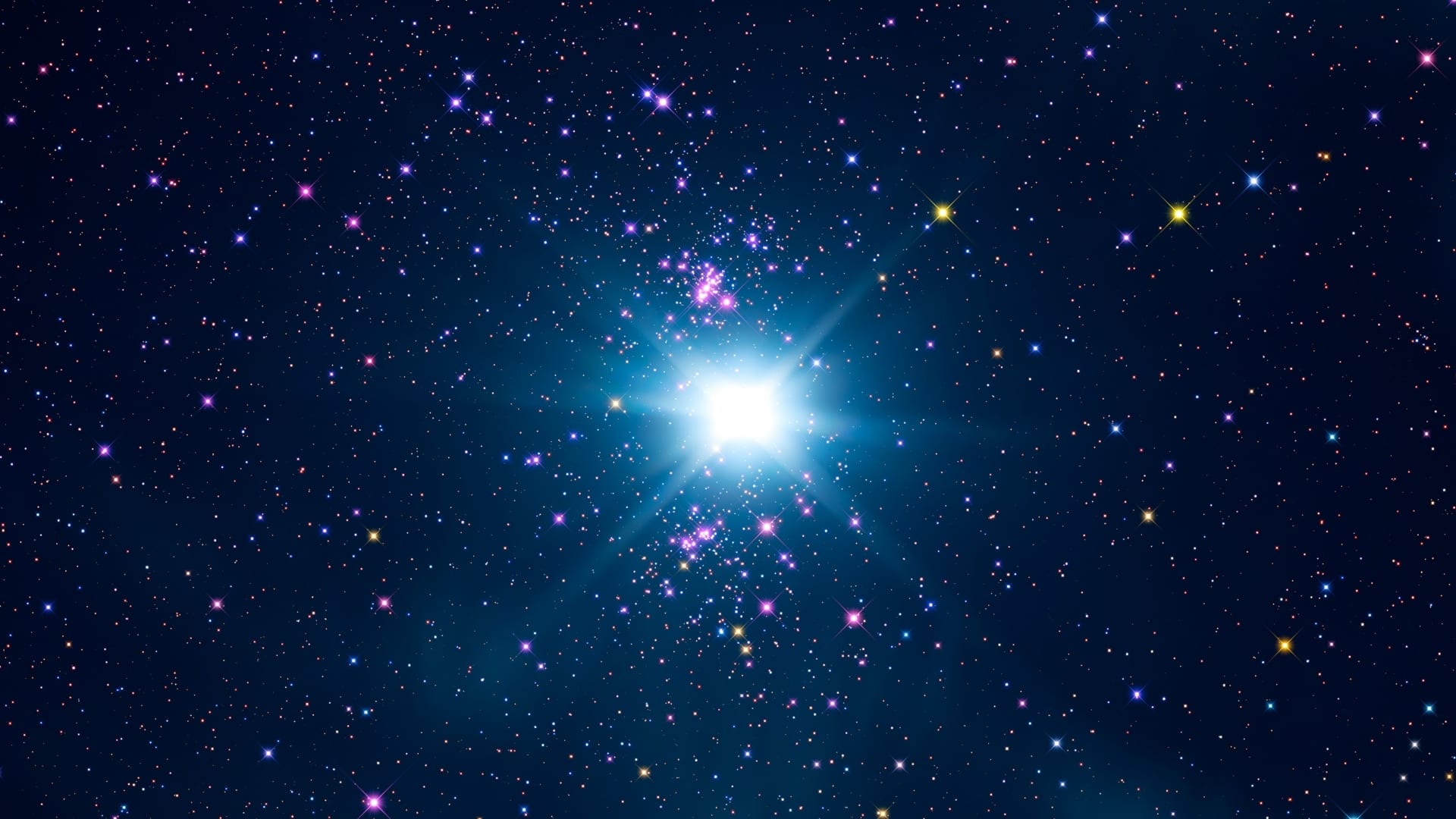



How many kilometers is the star from the sky?
170 million km
151 million km
10 million km
144 million km
From which country does the word star come?
Cuba
German
Italy
Greek
What type of star was closest to the Earth?
Proxima Centauri
Beta Centauri
Theta Centauri
Epsilon Centauri
Who discovered the constellation of Leo?
Aristotle
Ptolemy
Nicolaus Copernicus
Plato
Which star was a remnant of a supernova first observed around 1050 AD?
Vela Pulsar
Crab Pulsar
Crab Nebula
Geminga
Where are stars first formed?
In the Supernovae
Inside the protogalaxies
Outside the galaxy
None of the above
A star is made of liquids.
True
False
What is the size of a star?
1.5 million kilometers across
1.7 million kilometers across
1.8 million kilometers across
1.4 million kilometers across
Who created the first star catalog in astronomy?
Eudoxus of Cnidus
Hipparchus
Aristarchus of Samos
Eratosthenes
What kind of star did Edward Pickering discover?
spectroscopic binary stars
stellar spectroscopy
magnetic field
Orion constellation
How many stars are there in the universe?
up to one trillion stars
up to one million stars
up to one septillion stars
up to one billion stars
How many stars are visible at night from Earth?
3000
2000
5000
6000
What method does a star use to burn hydrogen into helium?
All the above
Nuclear power
Nuclear fission
Nuclear fusion
How many constellations are there in the night sky?
55
99
88
77
Which type of supernova is the result of the collapse of the core of a massive star?
Type Ib and Ic supernovae
Type Sb and Ic supernovae
Type IL and IK supernovae
Type IV and Ic supernovae